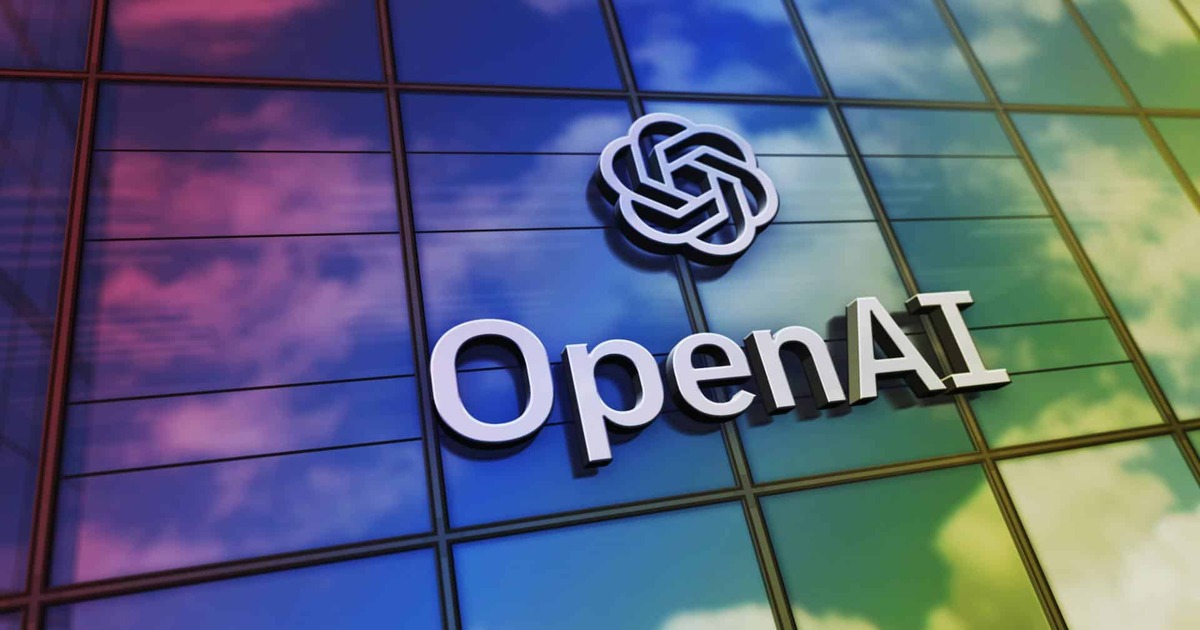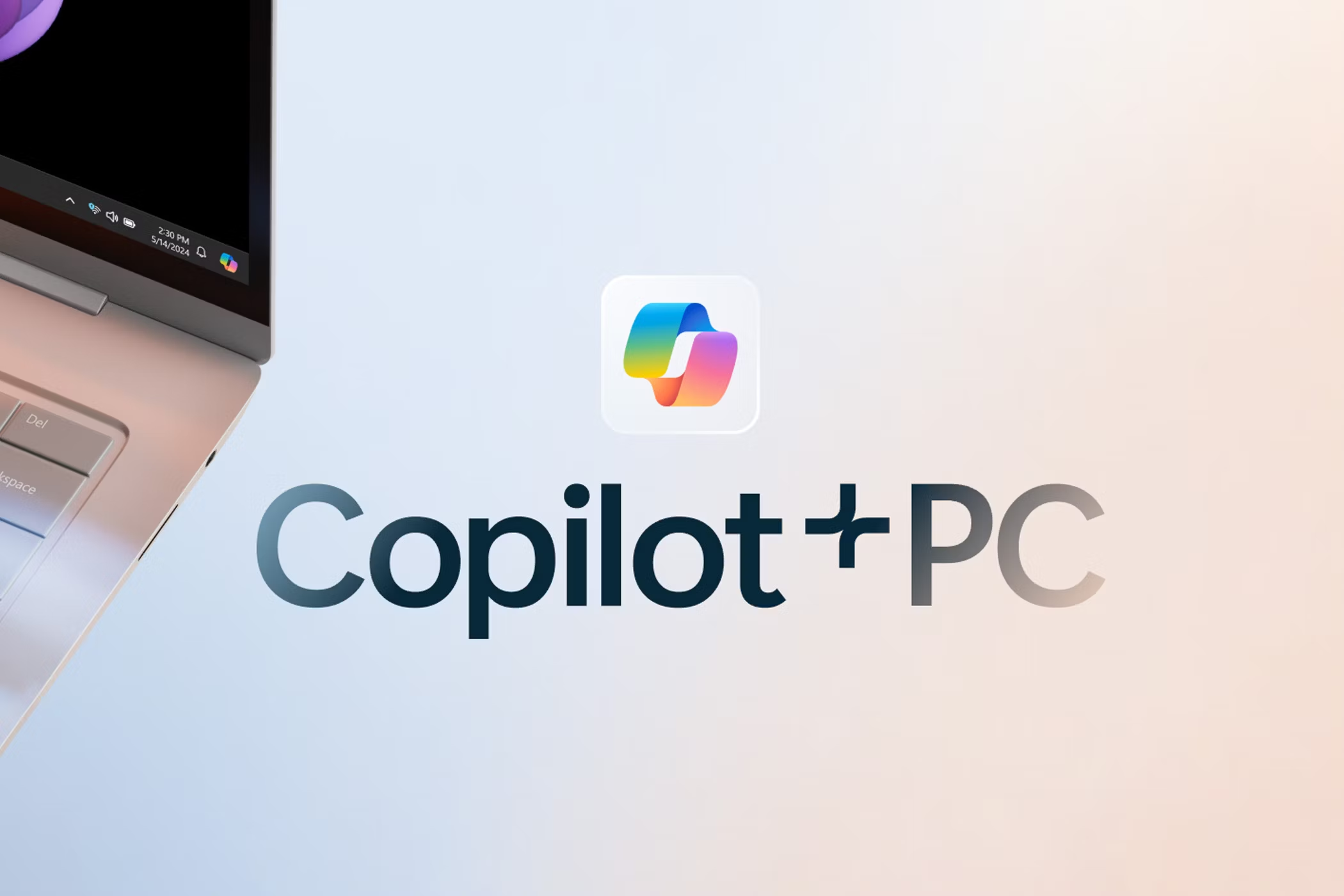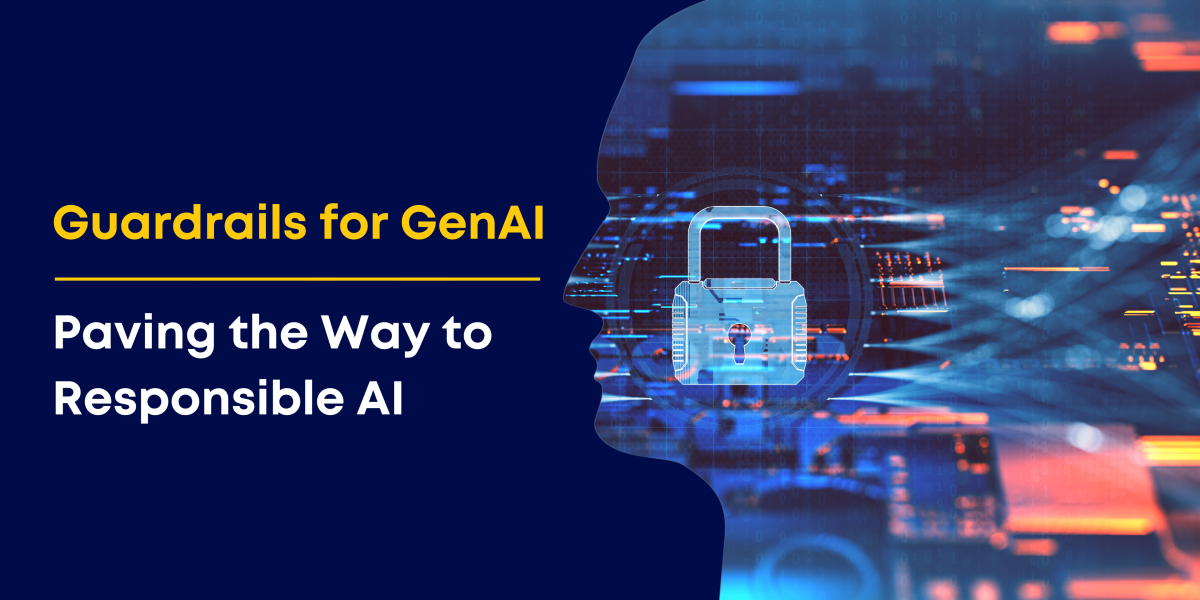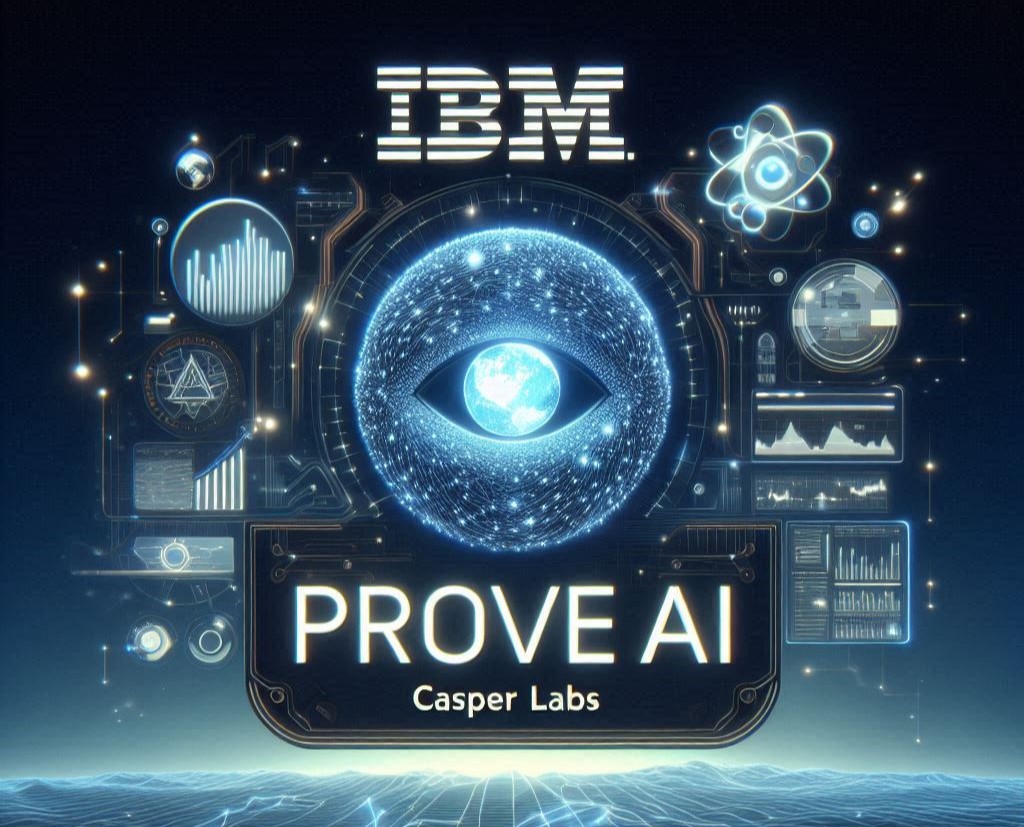OpenAI suspends use of a new ChatGPT voice amid controversy concerning Scarlett Johansson, who claims the AI voice closely mirrors hers
OpenAI, an artificial intelligence (AI) firm, has decided to “pause” its new voice mode for ChatGPT due to debate about how the voice was selected and obtained.
On May 20, the developer announced on X that it had “heard questions” about its “Sky” voice, one of five options for its chatbot, and is trying to fix them.
Nevertheless, the inquiries surfaced after the renowned actress Scarlett Johansson’s declaration concerning her engagement with OpenAI and its co-founder and CEO Sam Altman.
According to the actress, Altman reached out to her and extended an offer for her to provide vocal services for the ChatGPT 4.0 voice model. Johansson stated that she declined the offer, but shortly after the release of Sky, she was inundated with calls from family and friends who recognized her voice.
“When I heard the demo, I was shocked, angered and in disbelief that Mr. Altman would pursue a voice that sounded so eerily similar to mine that my closest friends and news outlets could not tell the difference.”
She stated that Altman contacted her agent two days before the release and requested a reconsideration. Johansson stated that she has retained legal counsel in light of the current situation and emphasized the importance of clarity in an era characterized by “deepfakes” and the “protection of our likeness.”

OpenAI provided a comprehensive account in its reply regarding how it recruited and curated the voice actors for its ChatGPT voices. The organization emphasized that Johansson had not been imitated.
“We believe that AI voices should not deliberately mimic a celebrity’s distinctive voice—Sky’s voice is not an imitation of Scarlett Johansson but belongs to a different professional actress using her own natural speaking voice.
OpenAI asserts that it has provided each actor with a “vision for human-AI voice interactions and OpenAI,” in addition to detailed explanations of the technology’s potential, constraints, and associated hazards.
Altman has also responded personally to the incident, stating that Sky’s resemblance to Johansson was not intended.
However, the fact that he posted “her” on X on May 13 does not assist Altman’s case.

Internet detectives draw a parallel between this and the 2013 science fiction romance film Her, in which a protagonist falls in love with his voiced AI system, Her. Furthermore, this differs from the actress’s initial encounter with unwarranted AI utilization.
Rip-offs from AI increasing?
She filed a lawsuit against another AI company seven months prior, alleging unauthorized use of her likeness. Johansson is not alone in her opposition to deepfakes; during the SAG-AFTRA union strikes in Hollywood last year, this was one of the most prominent topics of discussion.
Hollywood studios are petitioned by actors regarding their use of artificial intelligence to clone their likenesses and utilize them for future content at the studios’ discretion.
In addition to this, over the past year, AI-generated impersonation schemes have increasingly targeted public figures, including Elon Musk, YouTube personality Mr. Beast, actor Tom Hanks, and YouTube personality Mr. Beast.
However, Johansson is not the only individual who finds using their voice in AI offensive. One instance involving the voice of Apple’s renowned Siri assistant was a woman who needed to be made aware of her participation.
Susan Bennett stated that she provided ScanSoft with a voice recording in 2005. Later, Apple obtained these recordings and incorporated them into Siri.
She stated in an interview that Apple had never provided her with compensation or recognition. She was initially concerned that extensive use of her voice might hurt her employment prospects.



